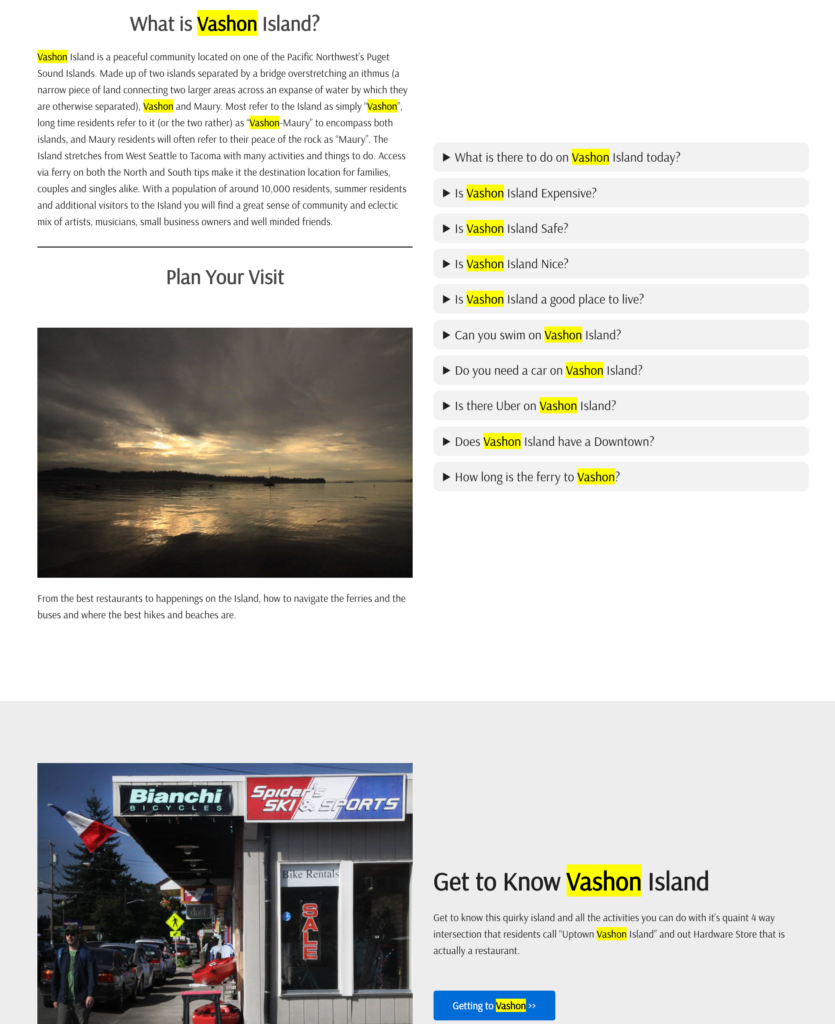

Keywords are fundamental elements in SEO (Search Engine Optimization) that play a vital role in helping search engines understand a webpage’s relevance to user search queries. They are specific words or phrases that users enter into search engines when looking for information, products, or services.
In SEO, keywords are strategically integrated into website content, meta tags, headings, and other elements to signal to search engines what the webpage is about. By aligning your content with relevant keywords, you increase the chances of your website appearing in search engine results when users search for those specific terms.
Keyword research is a crucial step in SEO. It involves identifying the most relevant and valuable keywords for your website or content based on factors such as search volume, competition, and user intent. By understanding what keywords your target audience uses, you can optimize your content to attract the right traffic.
When incorporating keywords into your content, striking a balance is essential. The keywords should flow naturally within the text and provide value to the reader. Keyword stuffing, or excessively repeating keywords, is frowned upon and can lead to penalties from search engines. Instead, aim for a seamless integration of keywords that enhances the readability and relevance of your content.
As search engines evolve, they now consider factors beyond exact keyword matches. They also focus on user intent, context, and the overall quality of the content. Therefore, creating high-quality, informative, and engaging content that aligns with user expectations and search engine guidelines is essential.
Some Keywords FAQs
An example of a keyword is “luxury beach resorts in Hawaii.” This keyword would be relevant if you have a travel website focusing on high-end beach accommodations in Hawaii. Users searching for upscale resorts in Hawaii may use this keyword. By strategically incorporating it into your website’s content and meta tags, you increase the chances of your site appearing in search results. This helps attract relevant traffic to your site from users actively seeking luxurious beach resorts in Hawaii. Thorough keyword research is important to identify effective keywords for your content. By optimizing your site around these keywords, you enhance visibility, attract organic traffic, and connect with users interested in what you offer.
1) Informational keywords: These are used by searchers who are seeking answers to specific questions or general information. They want to satisfy their curiosity or learn something new. For example, someone might search for “how to bake a chocolate cake” or “benefits of yoga.”
2) Navigational keywords: These keywords are employed by searchers who have a specific destination in mind. They are looking for a particular website or webpage. For instance, someone might search for “Facebook login” or “YouTube homepage.”
3) Commercial keywords: They utilize them when searchers are interested in investigating brands or services. They are in the research phase and might compare options or seek reviews. For example, someone might search for “best smartphones” or “top-rated restaurants in New York.”
To find trendy keywords:
1) Monitor social media trends and popular hashtags.
2) Use Google Trends to explore keyword popularity.
3) Stay updated with industry news and blogs.
4) Engage in online forums and communities for current discussions.
5) Analyze competitor content and keywords.
6) Utilize keyword research tools like SEMrush or Google Keyword Planner.
Stay adaptable, strike a balance between trendy and evergreen keywords, and monitor keyword performance to resonate with your audience.
